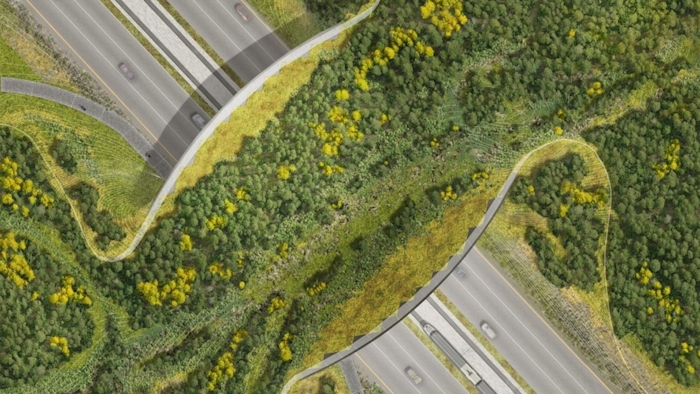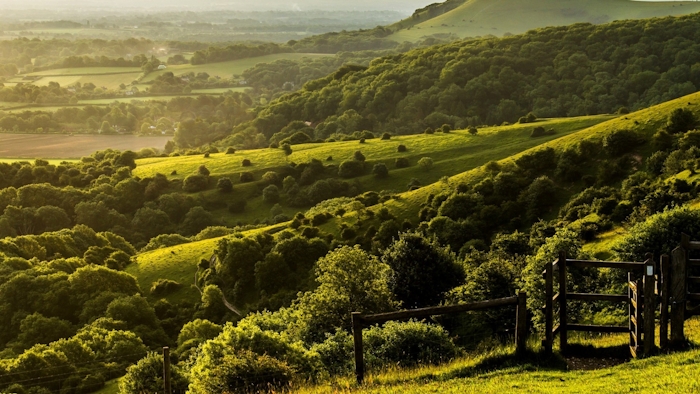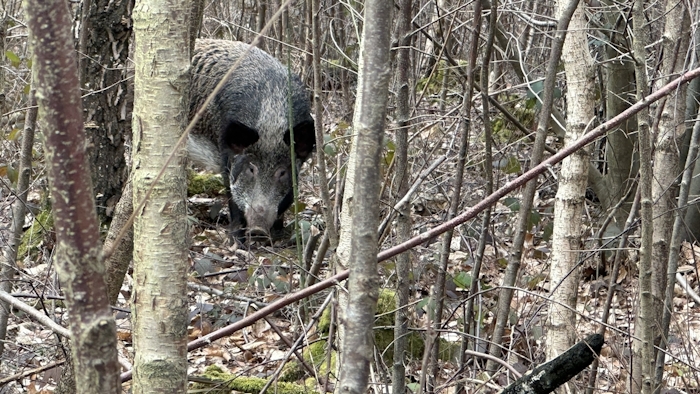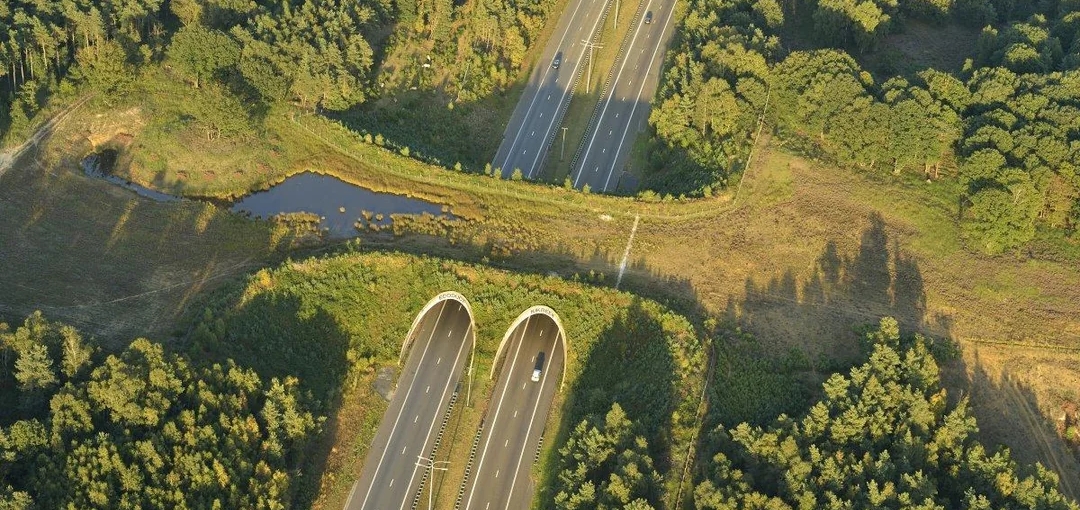
30|30|30
30% of land and sea being restored by nature for people, and dealing with 30% of the UKs emissions reductions by 2030
To reach truly functioning ecosystems we need to see more species returning to the areas of the country from which they are missing, in order to restore lost ecological functions. A smarter approach is needed to the restoration of habitats in order to ensure that these areas are connected to one another, allowing dispersal of those restored species and greater ecosystem resilience - this is what the Strategic Nature Network brings
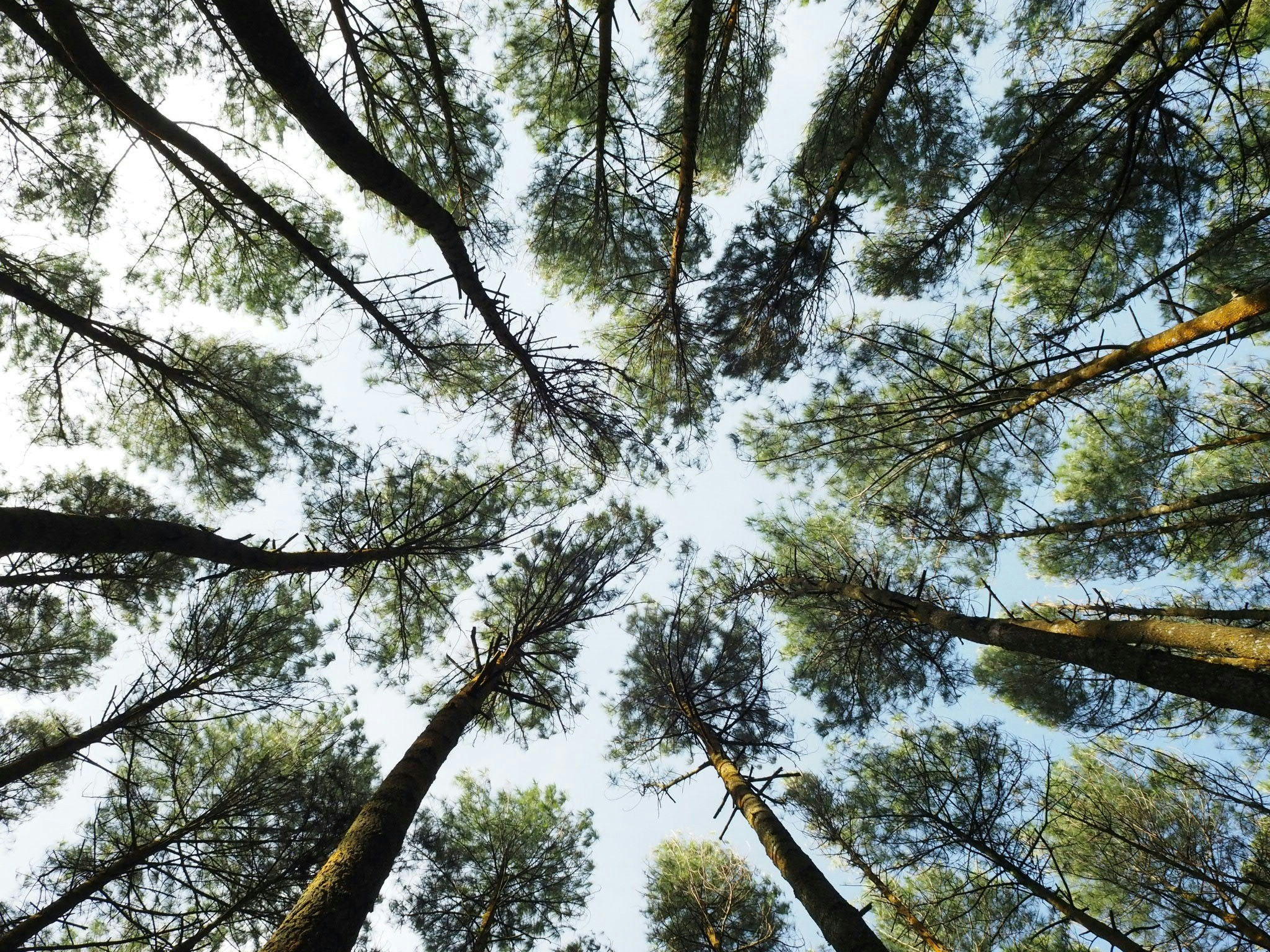
We have breached the safe limits of the living system that supports us as a species. We now have to restore ecosystems globally to preserve a safe operating space for humanity and maintain a thriving economy.
The UK Government has committed to “ensure that by 2030 at least 30 per cent of areas of degraded terrestrial, inland water, and marine and coastal ecosystems are under effective restoration, in order to enhance biodiversity and ecosystem functions and services, ecological integrity and connectivity”.
At the same time 30% of the world’s carbon emissions can be dealt with through natural climate solutions - including restoration of native habitat.
"30% of land and sea being restored by nature for people, and dealing with 30% of the UKs emissions reductions by 2030"
Climate change requires animals and plants to move across landscapes, but physical barriers like roads and lack of habitat often obstruct their movement. The Strategic Nature Network (SNN) aims to connect restored landscapes across 30% of the UK, enabling wildlife to move freely from one end of the country to the other. Local Nature Recovery Networks can integrate with the SNN, while low-input agriculture can support it.
The SNN serves as essential infrastructure for climate and ecological resilience, helping achieve the 30/30/30 goal while aligning with priorities like food and timber security. This can be accelerated through investment-ready initiatives like Natural Investment Zones (NIZs), which attract private funding, demonstrate the financial viability of large-scale restoration, and promote nature-positive policy changes.
![Wildlife overpass/bridge crossing]()
Strategic Nature Network
Rebuilding Nature has a vision to create a Strategic Nature Network by restoring dynamic ecosystems that protect society.
SNN![Lush green countryside landscape with rolling hills]()
Natural Investment Zones
NIZs are the foundational building blocks to deliver a Strategic Nature Network, serving as dynamic hubs, for collaboration, funding, and large-scale impact.
Natural Investment Zones![Wild boar in woodland]()
Restarting Natural Processes
Ambitious use of ecosystem engineers in NIZs will enable functional ecosystems that provide durable ecosystem services.
Restarting Natural Processes

